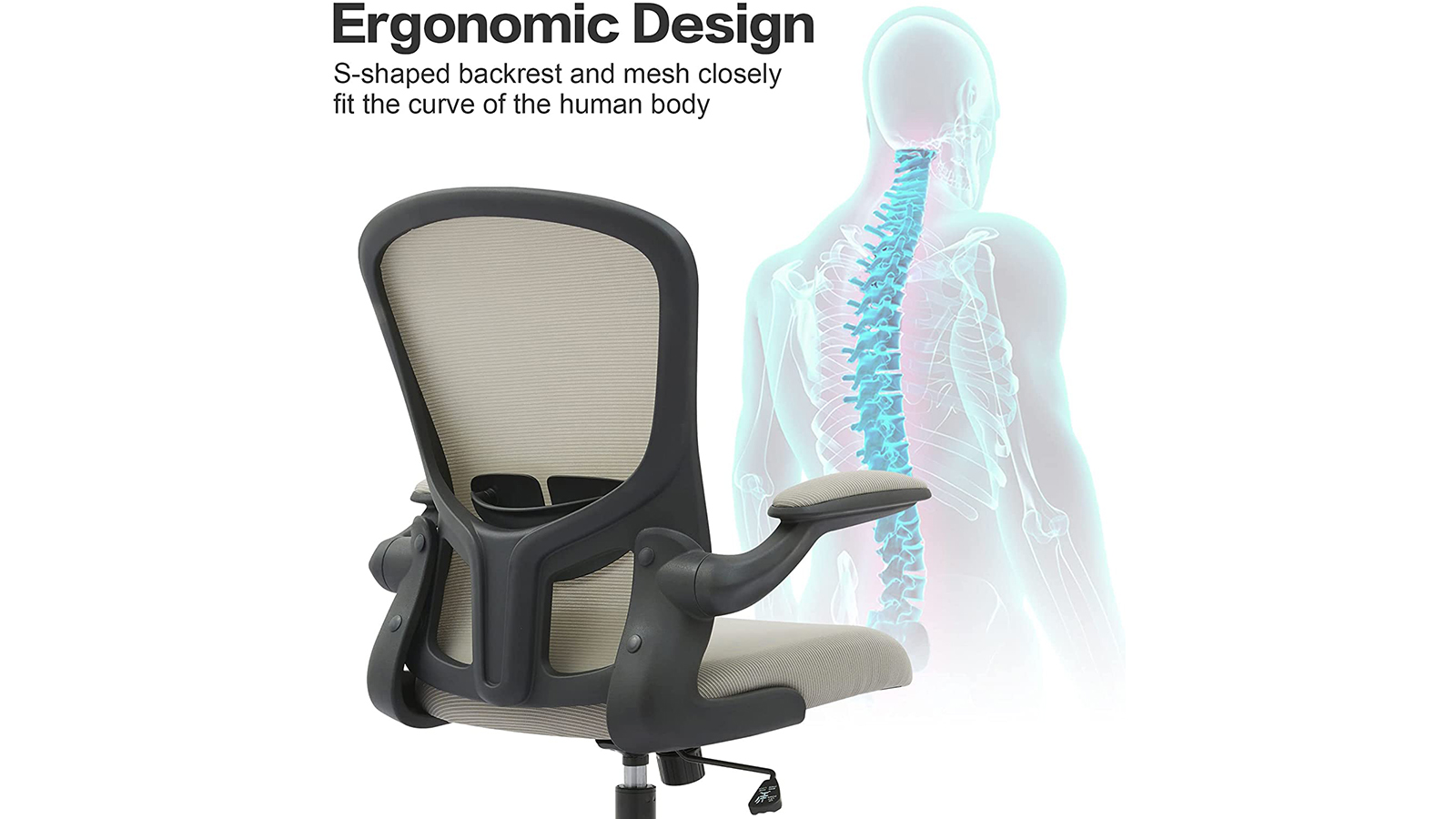
Understanding Different Types of Back Pain Based on Location
Table of Contents
Back pain is a common complaint that affects people of all ages and backgrounds. Various factors, including poor posture, injuries, and underlying medical conditions, can cause it.
In this article, we will explore the major different areas of back pain, delve into the types of back pain symptoms, and discuss various treatment options to help alleviate discomfort. We will also address some frequently asked questions to provide a comprehensive understanding of back pain and how to manage it effectively.
Major Different Areas of Back Pain
Understanding the different location types of back pain is crucial for effective diagnosis and treatment. The back is a complex structure composed of bones, muscles, ligaments, and nerves, and pain can occur in any part of it.
The pain's location often gives clues about its underlying cause, which is essential for proper management and relief.
Upper Back Pain
This is pain that happens between the neck and the last rib. It is often caused by poor posture, especially from sitting at a desk or using a computer for extended periods. Muscle strain and overuse can also lead to discomfort in this region. Other causes include trauma, such as a fall or accident, and underlying conditions like arthritis or a herniated disc.
Treatment for upper back pain generally includes physical therapy, exercises to improve posture, and ergonomic adjustments in the workplace.
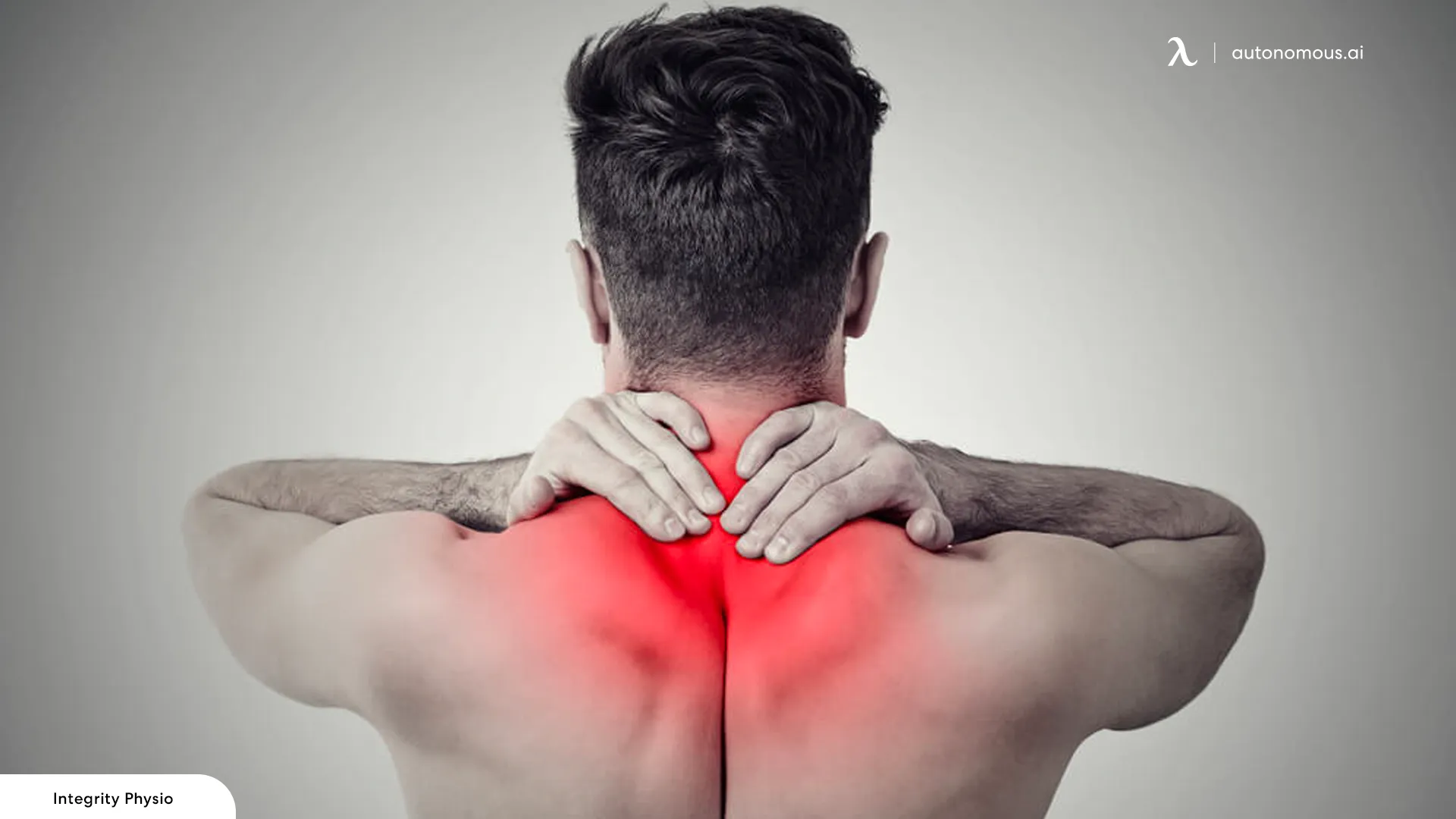
Middle Back Pain
Middle back pain, also known as thoracic pain, is less common but can be quite debilitating. It occurs in the area between the upper and lower back, and its causes can include poor posture, back sore after massage, muscle strain, or underlying conditions like scoliosis or a herniated disc. This type of pain can also be caused by issues with the spine, such as spinal stenosis or degenerative disc disease.
Treatment options often involve physical therapy, stretching exercises, and sometimes medication to reduce inflammation and pain.

Lower Back Pain
Lower back pain is the most common type of back pain and affects millions of people worldwide. It occurs in the lumbar region, which supports much of the body's weight. Causes can include muscle strain, herniated discs, arthritis, or spinal stenosis. Poor posture and prolonged sitting can also contribute to lower back pain.
Treatments often include physical therapy, exercises to strengthen the core and back muscles, ergonomic adjustments, and using the best chair for lower back and hip pain.
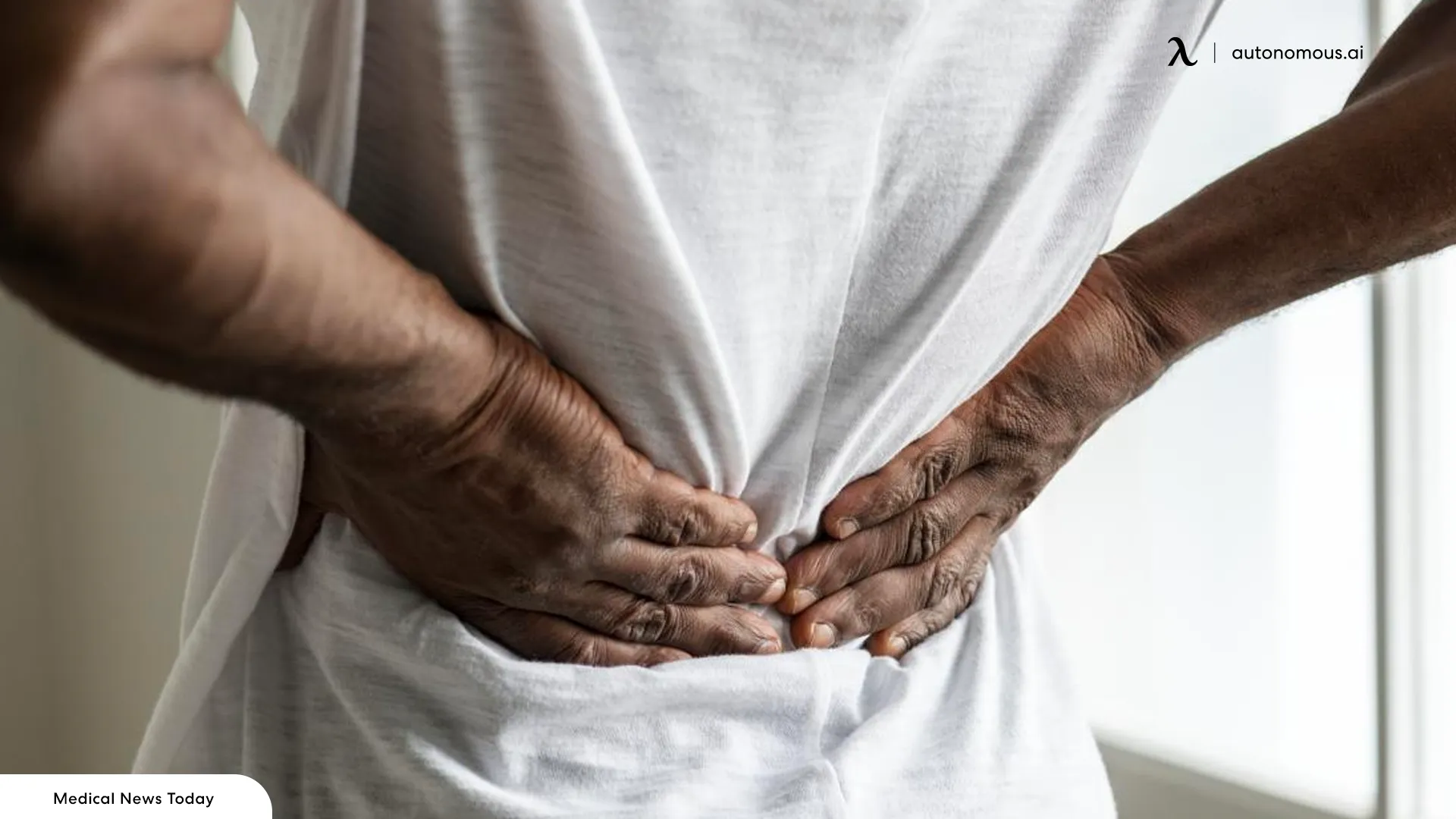
Different Types of Back Pain and What They Mean
Acute Back Pain
Acute back pain is short-term and typically lasts for a few days to a few weeks. It is often the result of a sudden injury or strain. Symptoms can include sharp, intense pain, stiffness, and limited range of motion. Treatment usually involves rest, ice or heat therapy, over-the-counter pain medications, and gentle stretching exercises. It's crucial to avoid activities that exacerbate the pain to prevent further injury.
Chronic Back Pain
Chronic back pain is long-term and persists for more than 3 months. It can be caused by ongoing issues such as degenerative disc disease, arthritis, or unresolved injuries. The symptoms of chronic back pain can vary but often include a dull, aching sensation, intermittent sharp pains, and difficulty performing daily activities. Treatment for chronic back pain may involve physical therapy, medication, lifestyle changes, and sometimes surgical intervention. It's essential to work with a healthcare provider to develop a comprehensive treatment plan.
/https://storage.googleapis.com/s3-autonomous-upgrade-3/static/upload/images/new_post/back-pain-fatigue-causes-symptoms-4242-1648084377366.jpg)
Radicular Pain
Radicular pain occurs when a nerve root in the spine is compressed or irritated, often due to a herniated disc or spinal stenosis. This type of pain is typically felt along the path of the affected nerve, such as down the leg or arm. Symptoms can include sharp, shooting pain, numbness, and weakness in the affected limb. Treatment options may include physical therapy, medications to reduce inflammation, and in severe cases, surgery to relieve the pressure on the nerve.
Referred Pain
Referred pain is pain that is felt in a different location from where the actual problem exists. For example, issues with the organs in the abdomen or pelvis can cause referred pain in the back. The symptoms can vary widely depending on the underlying cause, but they often include a dull, aching sensation that is difficult to pinpoint. Treatment involves addressing the primary condition causing the referred pain and may include medications, lifestyle changes, and other therapeutic interventions.
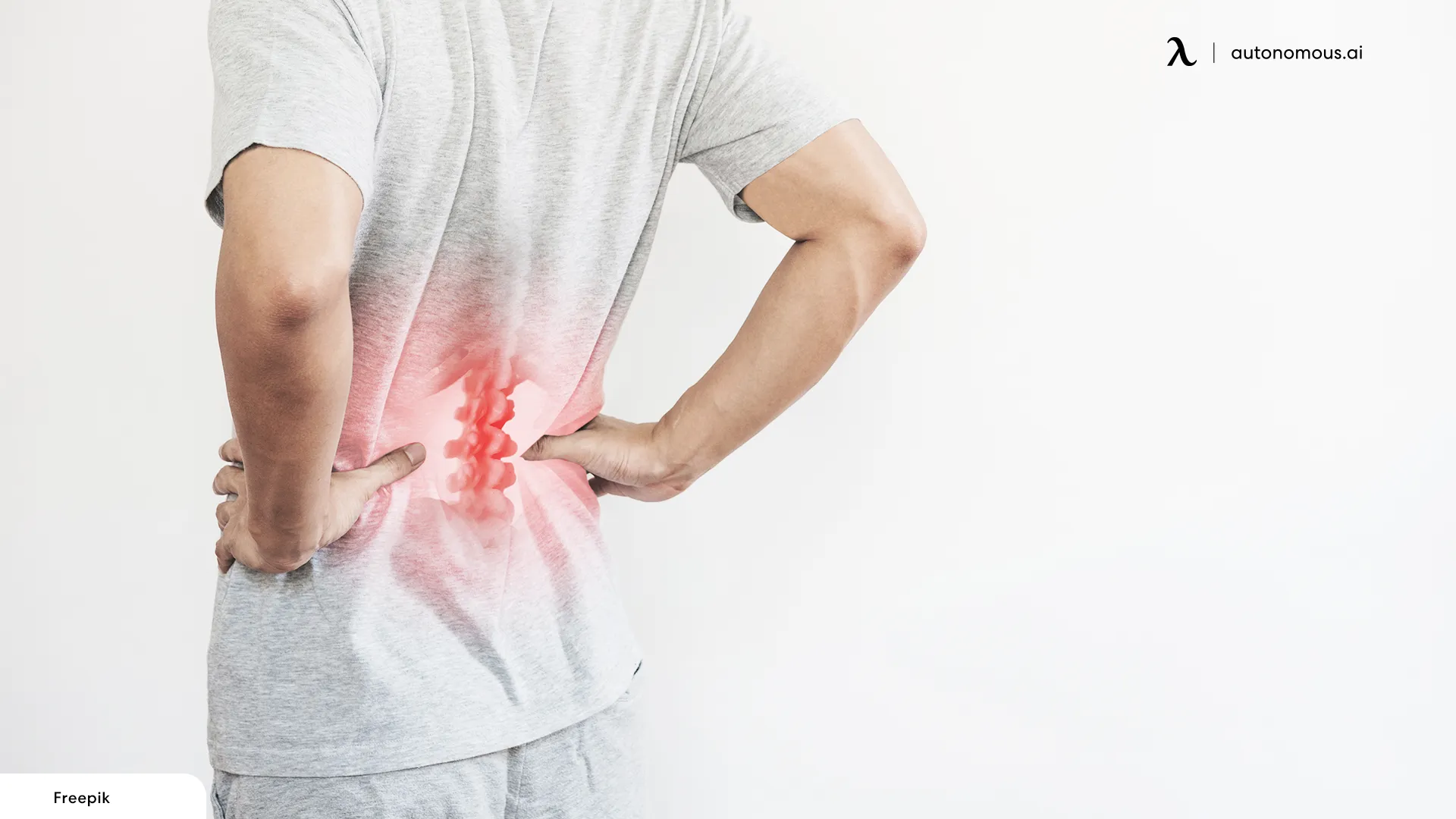
How to Use a Lumbar Pillow?
A lumbar pillow is designed to support the natural curve of your lower back and promote proper posture while sitting. To use a lumbar pillow effectively, place it at the small of your back while seated, ensuring it fits snugly against your spine. Adjust the pillow’s position so that it fills the gap between your lower back and the chair, providing consistent support.
This helps maintain the natural curvature of your spine, reducing strain and discomfort. Using a lumbar pillow in combination with an office chair with adjustable lumbar support or a mesh office chair with lumbar support can enhance your overall comfort and reduce the risk of developing lower back pain and extreme tiredness.
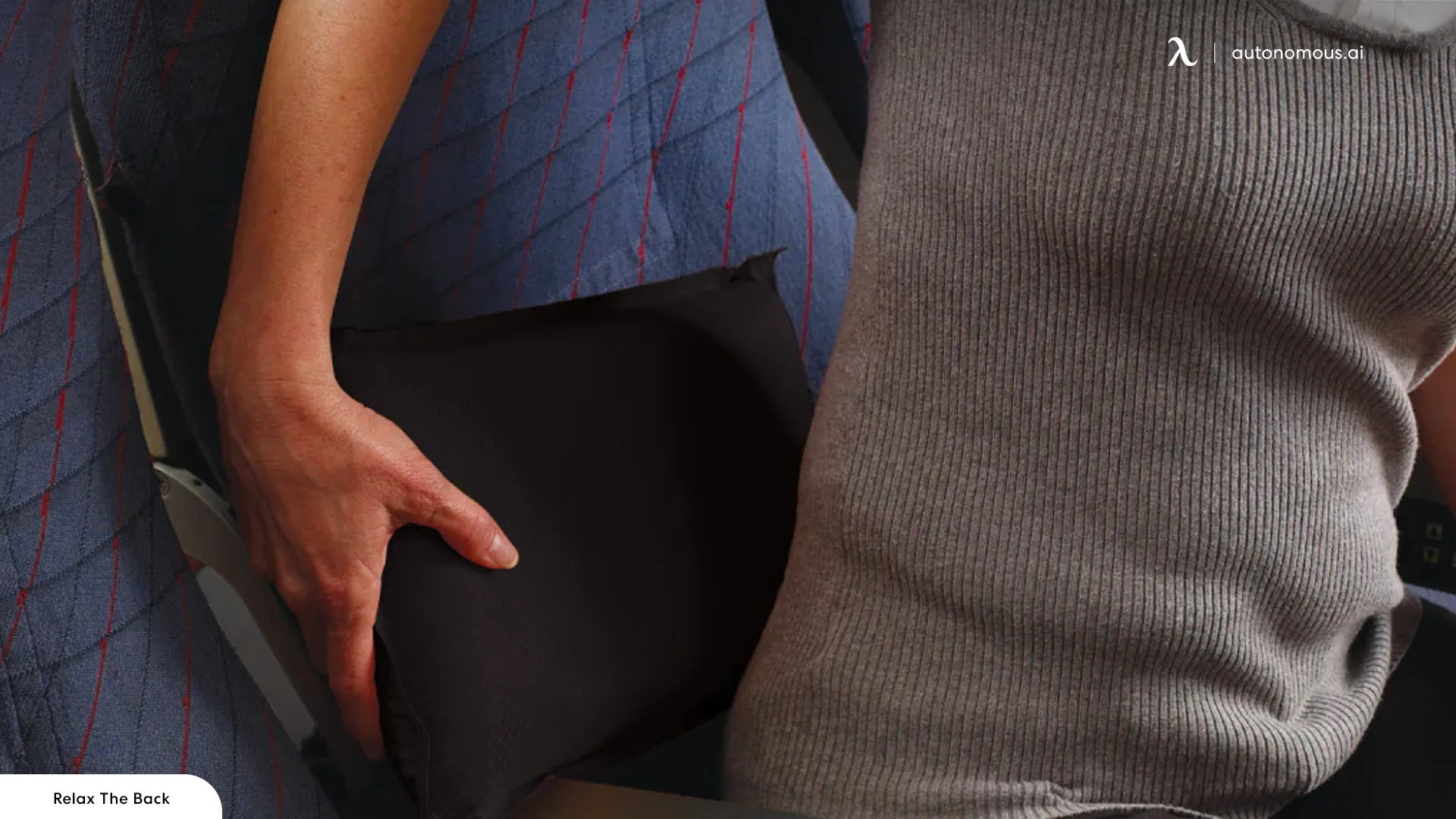
Conclusion
Understanding the location types of back pain and their underlying causes is essential for effective treatment and management. By identifying the different areas of back pain and recognizing the various types of back pain symptoms, individuals can seek appropriate care and adopt preventive measures to alleviate discomfort. Utilizing ergonomic solutions, such as the best office chair for upper back pain and a back pain location diagram, can further aid in maintaining a healthy and pain-free back.
Remember, proactive steps and proper support can significantly improve your quality of life and overall well-being.
Get exclusive rewards
for your first Autonomous blog subscription.
Spread the word
You May Also Like




-7512dd9e-3510-42ed-92df-b8d735ea14ce.svg)


